“Because it's raining today and the weather is good, I want to offer you a toast to the rain,” said Patrícia de Jesus Palma. "In the rain!" they all shouted, raising their glasses. The scene took place on Saturday afternoon, during the inaugural charm picnic of the Forgotten Food Festival, somewhere in the Silves Mountains.
The picnic was supposed to have taken place in the village of Azilheira, preceded by a walking tour to discover the countryside and rural traditions. But weather forecasts advised the organization - the QRER cooperative, having as operational Alexandra Santos, Susana Calado Martins, Patrícia de Jesus Palma, Marco Santos, Ana Seixas Palma, Pedro Bartilotti, Andreia Pintassilgo – moving to Quinta Pedagógica de Silves, a few kilometers from the original location.
«To have a picnic, you had to walk, awaken your senses to the landscape, to the surroundings, and that's what we're going to do here», he began by exhorting Patrícia de Jesus Palma, the hostess of this inaugural session, addressing the fences. seven dozen people, of various ages and origins, who participated in this activity included in the 365Algarve program.
"Let's open our eyes to see better, open our ears to hear the sounds of birds, cows, donkeys!" he challenged, before the group began a visit to the Pedagogical Farm.
Alexandra Santos, for her part, made a point of stressing that, there, as would also have happened in Azilheira, “we don't have a cell phone signal”. "Not a stick!" replied one of the children present, cell phone in hand.
One of the goals of this Forgotten Food Festival, in addition to recovering those foods and even cooking techniques that have fallen into disuse, it also means taking people – from the Algarve and tourists, Portuguese and foreigners – to the interior of Barrocal and Serra. "These territories that bear the mark of fire, of fires, need our presence here, as a mark of revitalization."
The route through Quinta Pedagógica began by passing the threshing floor, which now serves as an amphitheater. Patrícia de Jesus Palma, a researcher on rural issues, commented: “the threshing floor was a place of sharing, solidarity, a collective activity, where the whole community came together”, for agricultural tasks such as defoliation, which often culminated with music, «singing to the challenge» and even dances. A bit like this picnic later on.
The Jeremias donkey, the two Frisian cows with their offspring, the geese and chickens, the churras sheep and the Algarvian goats, the huge boar crossed sow, but above all Bonita and Bonito – she, a pure cow from the almost extinct Algarvian race, which was known that Saturday to be pregnant – made the delights of children and adults. The visit ended next to the water mill and the old rural house, decorated from the inside like an Algarvean country house from half a century ago.
“Do you see, son? This is a sewing machine», said a grandmother to her grandson… «My God…», exclaimed a lady beside her: «I'm really getting old, when it's already necessary to explain to the kids that this is a sewing machine».
Anabela Afonso, commissioner of 365Algarve, had a similar reaction. “It is strange to enter this house, which is almost a museum, and see that this is like my grandmother's house”, he commented.
At the end of the morning, even before starting the long comezain that would follow (conceived by Head Abílio Guerreiro), there were those who managed to record the moment in the photographer lick lick, in the case of José Carlos Nero, with his «magic box».
In the meantime, picnic baskets were distributed, each with plates, cutlery, napkins (cloth, of course!), a cloth talego (bag) with slices of good homemade bread, and glass jars with crushed olives, knobs, carrots Algarvian style, colored lard and sweets.
Along with Zambujal ham and fresh goat cheese, these were just the first starters of a meal full of good things. Also in jars, but with the diners already seated at the picnic table outdoors, the cowpea salad with garnished sardines and the chicharo salad with sweet potatoes would arrive. To close this extensive list of starters, as the drizzle was beginning to fall, came the purslane soup with egg, made in the Algarve style.
Watering all this down, because you have to keep your throats well oiled at picnics, there was wine from Silves («Imprevisto»), water and orange juice, obviously also from the Brazilian region.
The picnic started out in the open, although the sky became grayer and grayer, but ended up under roof tiles, on the porch of the Quinta Pedagógica house. First, the rain started to fall and the diners went saved by awnings. But soon the water began to fall heavily from the sky and it was necessary to gather embroidered towels, baskets of wicker and cane, plates and glasses, and run for shelter.
The last ones to leave the place where the picnic had started, to go to the porch of the main house, made the short trip under one of the awnings and accompanied by the music of the accordion of the young Gonçalo Justo. It was between the sound of the heavy drops hitting the awning fabric and the rhythms of the Algarve that this lively group, where the reporter for the Sul Informação, arrived at safe harbor.
Once the people had been arranged at the long wooden tables set out on the sheltered porch, the grain stew with wild chicken and broccoli arrived. Warm, tasty and odorous, it was the delight of the participants.
By the way: does anyone know what catacuses are? Alexandra Santos, from the organization, explained that this is precisely one of the forgotten foods that this festival wants to recover. It is a herb that "caught in the field, just outside", he explained pointing to the street, similar to chard, and which people in these areas of the interior of the Algarve used to use in soups and salads. In the chickpea stew, the catacouses tasted really good!
Even before reaching desserts and digestives – very necessary after such a full picnic – a table was moved away and, to the contagious sound of Gonçalo Justo's accordion, Patrício and Eliana danced. The apogee was the «Alma Algarvia», by José Ferreiro Pai, from Bordeaux, a little “corridor” danced at high speed by the pair of young dancers.
In between, there were those who also gave a little dance, such as Carla Benedito, president of the Parish Council of Messines, and the well-disposed sisters Cidália Martins and Maria Marcelina Guerreiro.
D. Cidália and D. Marcelina were two of the ladies from the village of Azilheira, in the parish of São Marcos da Serra, who helped organize the Food Forgotten Festival in this first charming picnic. “This is a wonderful idea!”, guarantees D. Cidália.
And he recalls: “they went there to Azilheira to look for information about the oldest things. And we help with what we know». One of the things that the researchers linked to the organization of the festival discovered were precisely the catacuz, the so-called wild herb.
D. Cidália and her sister D. Marcelina – who already lives in Alentejo, on the other side of the Odelouca stream – also helped in preparing the picnic menu. For example, the delicious crushed maçanilha olives, which were enjoyed by everyone, had been prepared by Mrs. Cidália.
And weren't they sad that the picnic location was changed due to weather forecasts? “It was a pity, because everything was prepared in Azilheira”, confessed one of the sisters.
«But this drizzle was missing so much… This is all dry and dry!», commented the other. “We still have water to govern ourselves, from a borehole, but we can only get water for 15 or XNUMX minutes a day. But there are areas in the Algarve, like there on the sides of Alcoutim, where there is no longer any drop of water!” he added. In other words: the rain spoiled the village's animation plans, but it was very welcome.
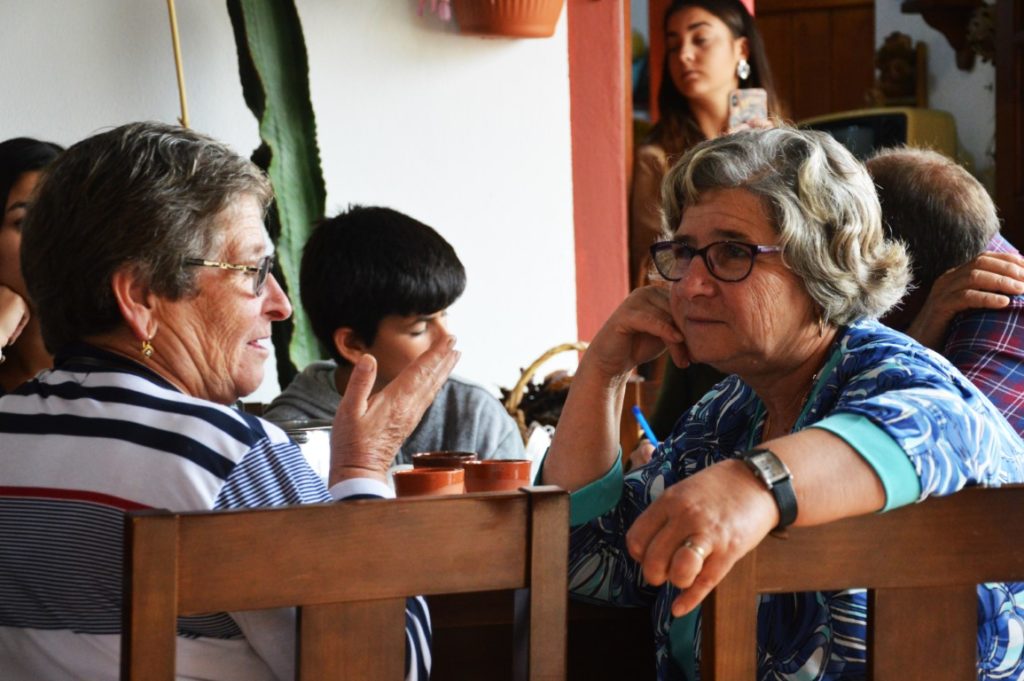
Tired, already with their clothes changed after the wetness they had caught earlier, the elements of the organization were happy at the end of the journey, which ended after 15:30 pm. Alexandra Santos still had time to remember that, according to the festival's basic philosophy, all the food consumed there came from nearby producers – the grain was from São Marcos da Serra, the fresh cheese was from Salir, the ham from Zambujal ( Alcoutim), the chícharos had been bought in the market of S. Bartolomeu de Messines, the olives were crushed by D. Cidália in Azilheira, the catacuz were picked up there in the mountains.
The next charming picnics of the Forgotten Food Festival, which will take place only next year, will be in «inspiring places» in the Algarve, namely in the village of Penina (interior of Loulé, on 28th March), Santo Estêvão (Tavira, 18th April) and Cacela Velha (2nd May ).
The next activity of this new festival will take place within the scope of another initiative, the «Momentum, da Floresta à Prato». These will be sensory dinners prepared by students of the Master's Degree in Innovation in Culinary Arts at the Estoril School of Hotel and Tourism, in which diners will be able to «touch, eat and taste» the food.
The dinners will take place in monuments and historical sites, namely the restored Convento do Carmo, in Lagoa (8th November), the Costume Museum of São Brás de Alportel (9th November), and the hermitage of Nossa Senhora de Guadalupe, in Vila do Bispo (November 10th).
The Forgotten Food Festival, integrated in the 365Algarve program, is promoted by Cooperativa QRER, being a collective conception of its Baroque, Cultural and Touristic Products (Susana Calado Martins) and Alexandra dos Santos Design cooperators, with the collaboration of Pedro Bartilotti .
Photos: Elisabete Rodrigues | Sul Informação
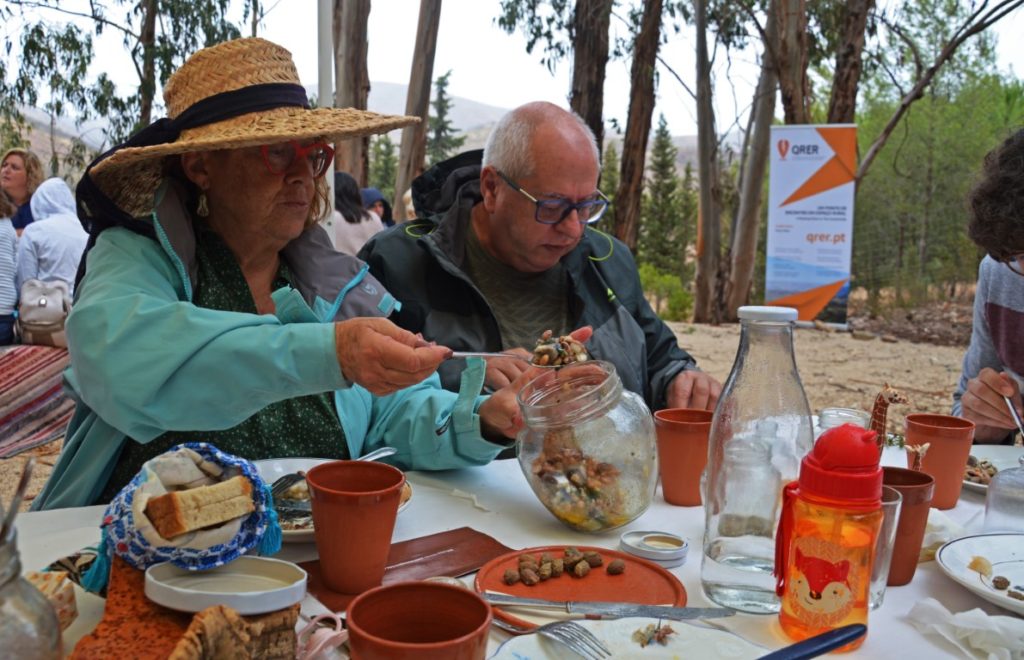
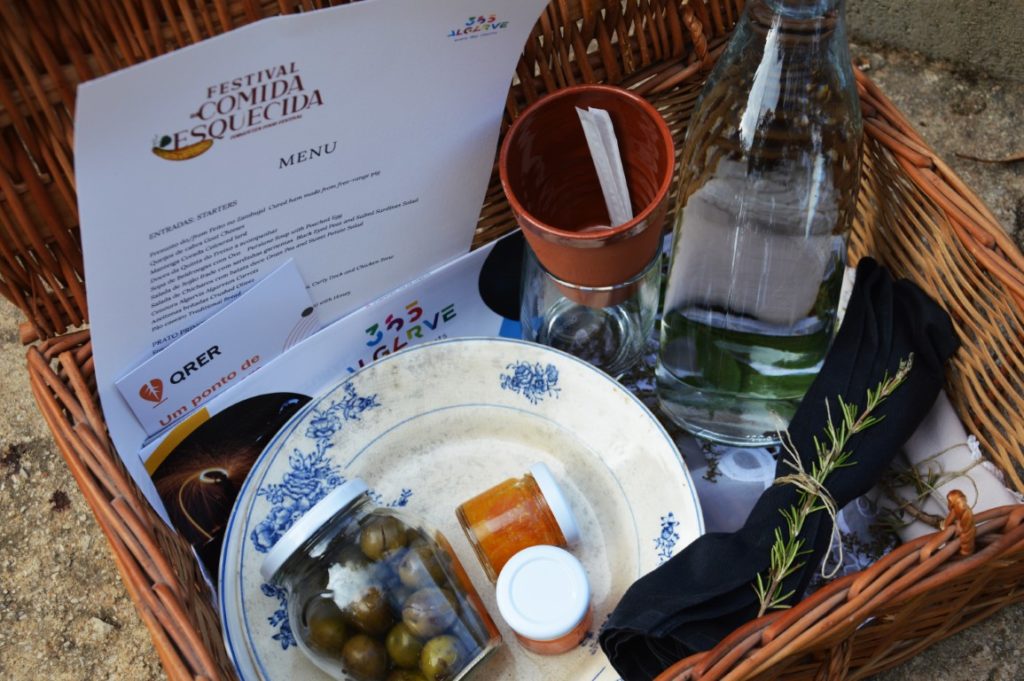
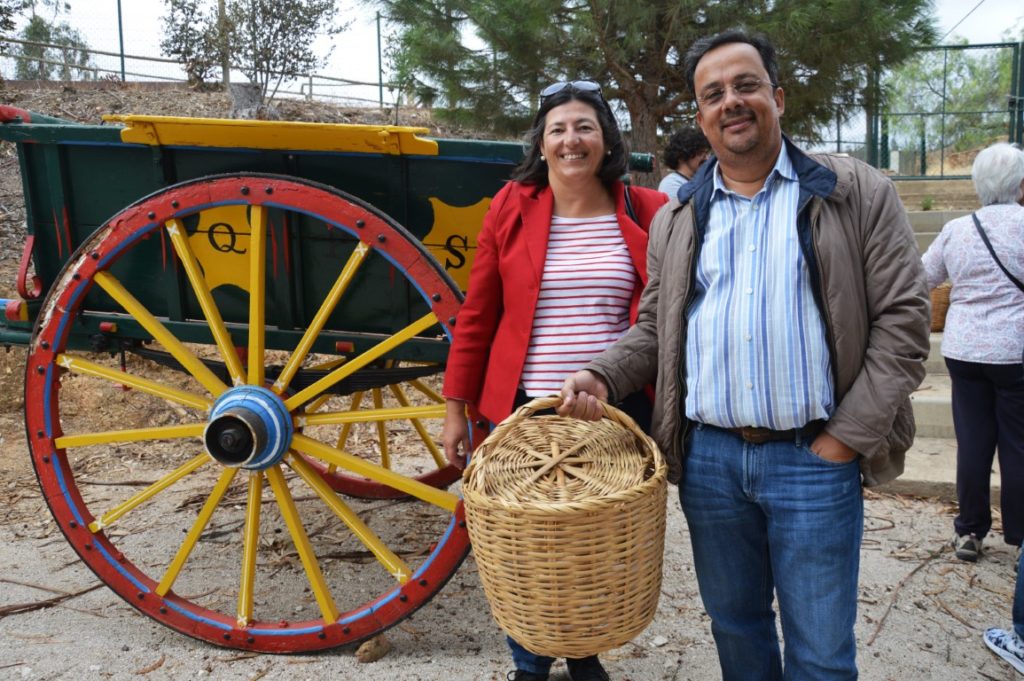
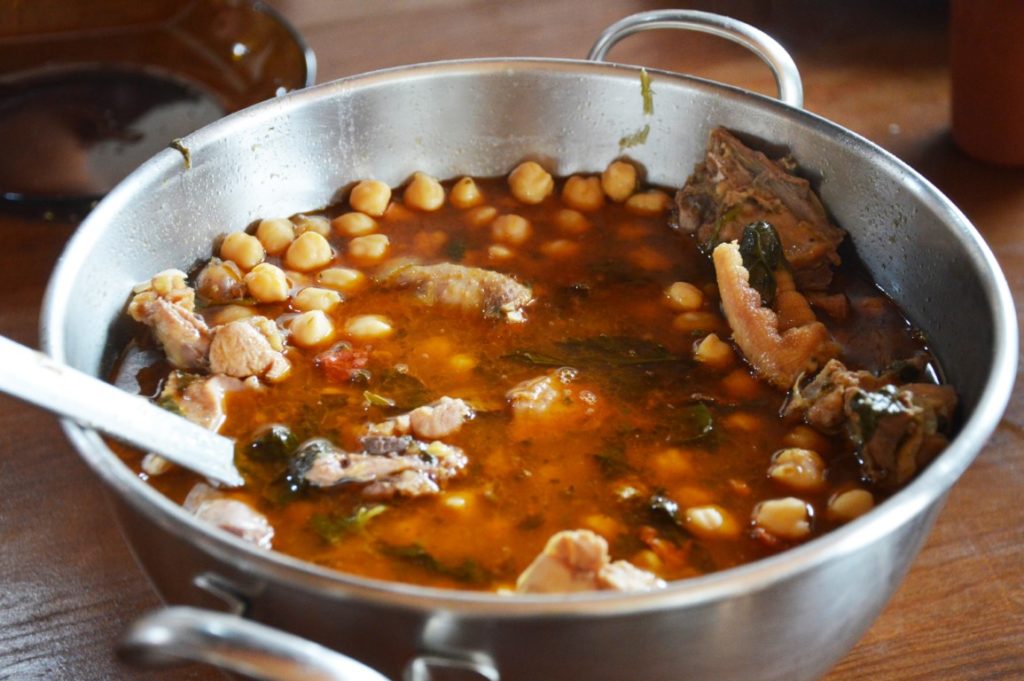
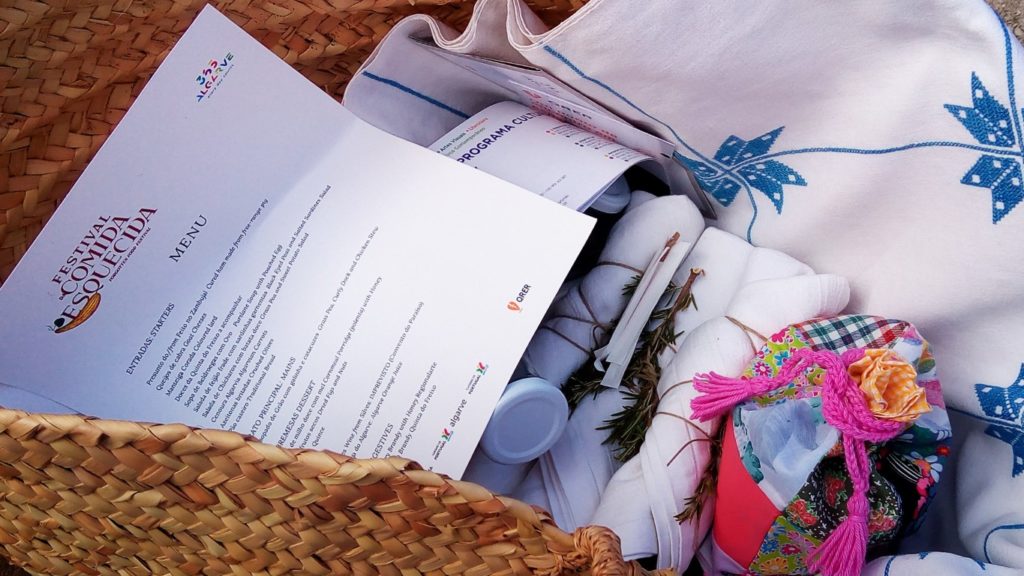
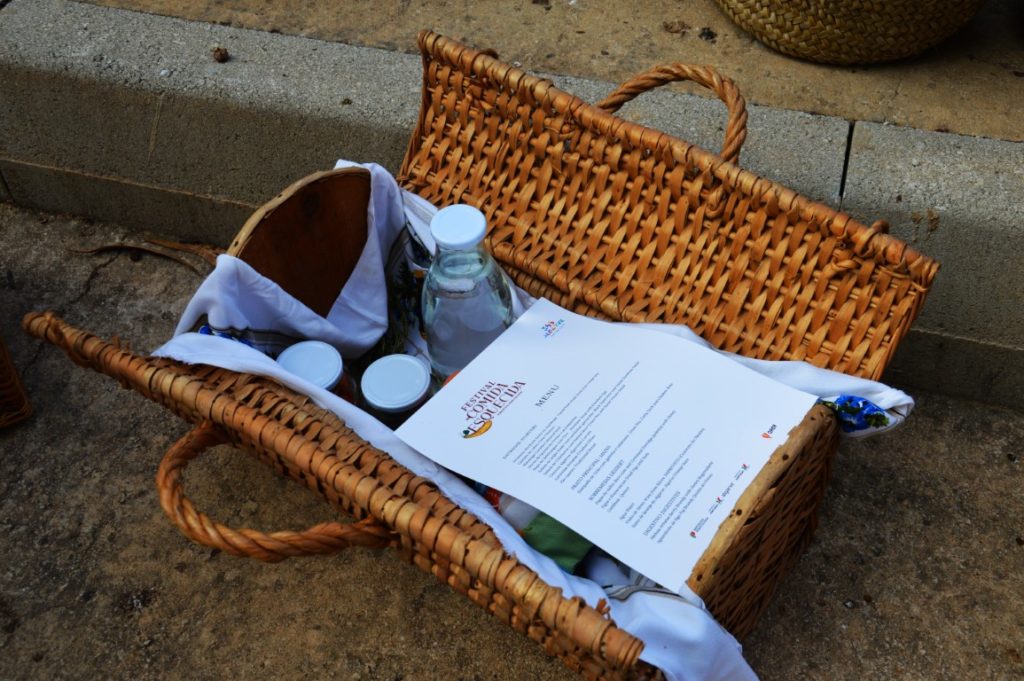
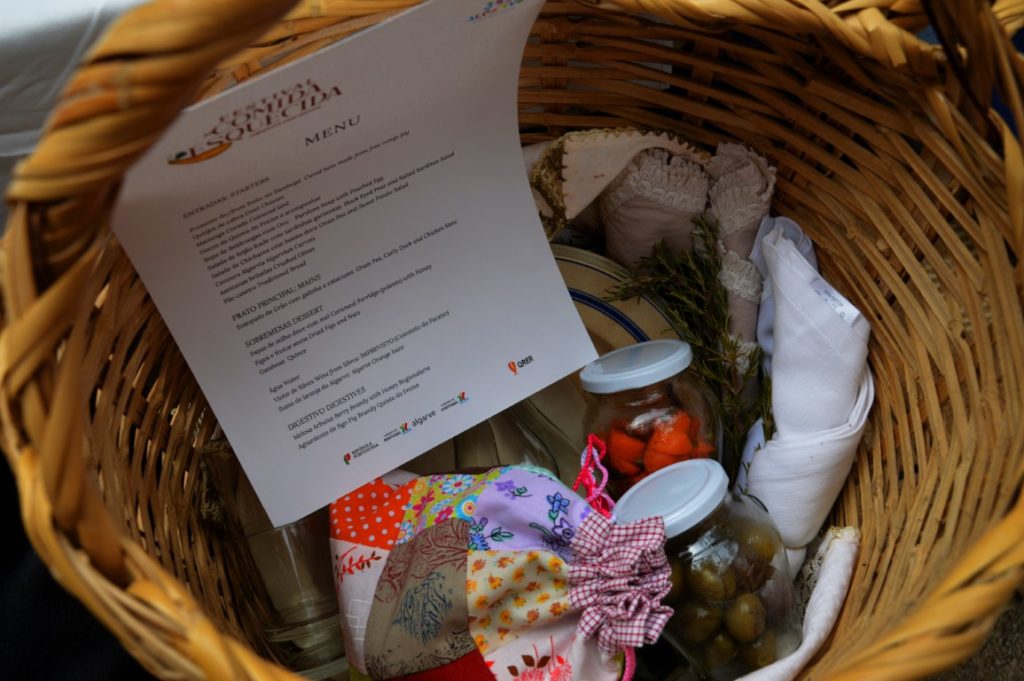
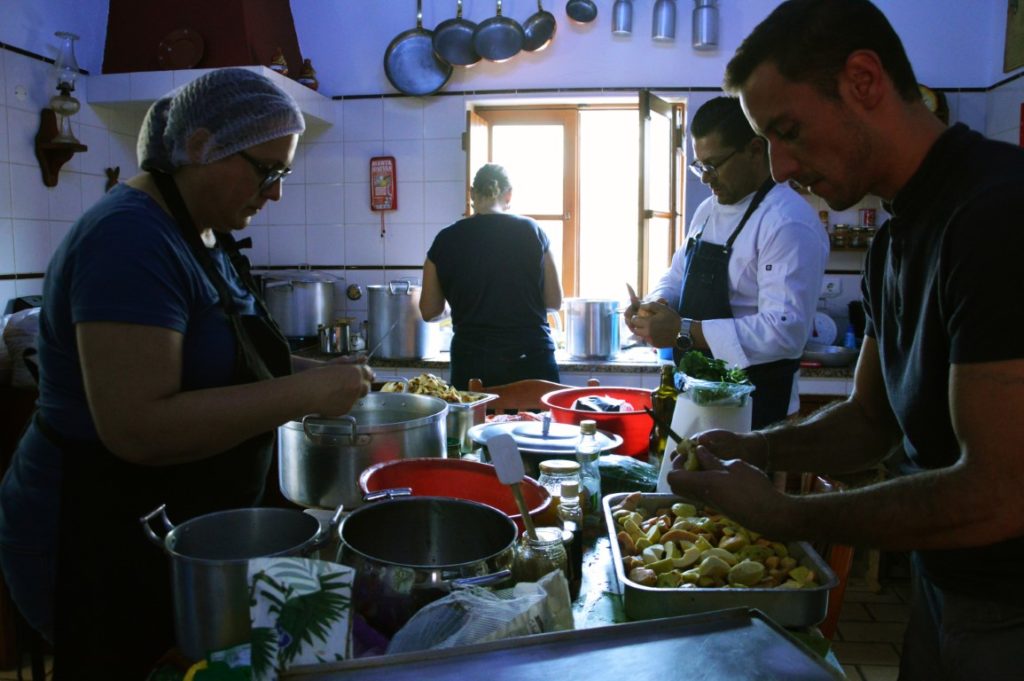

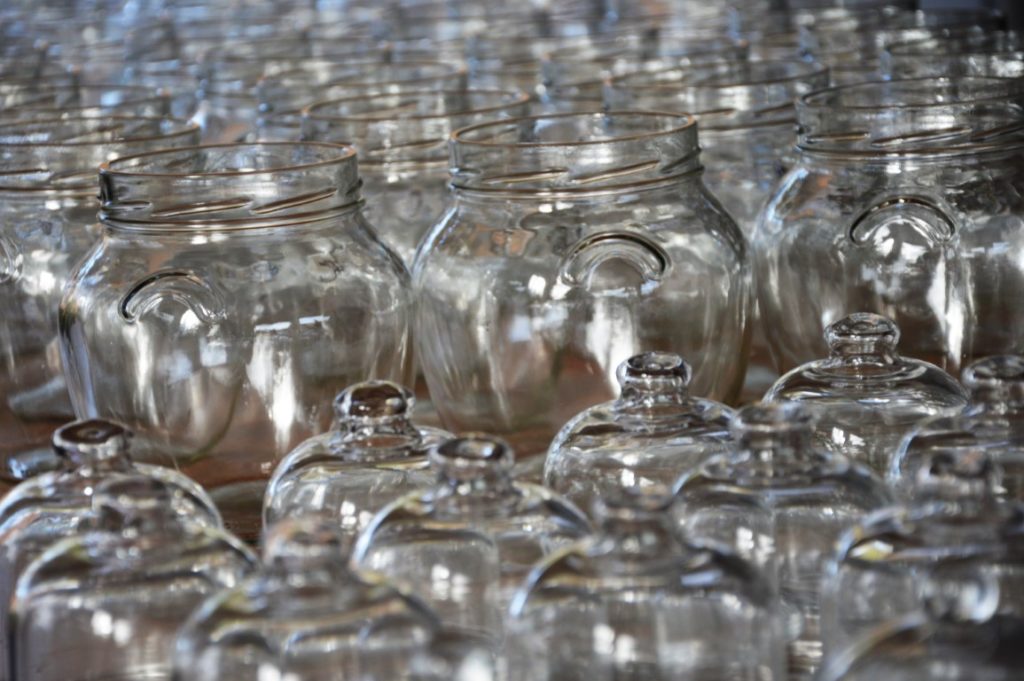
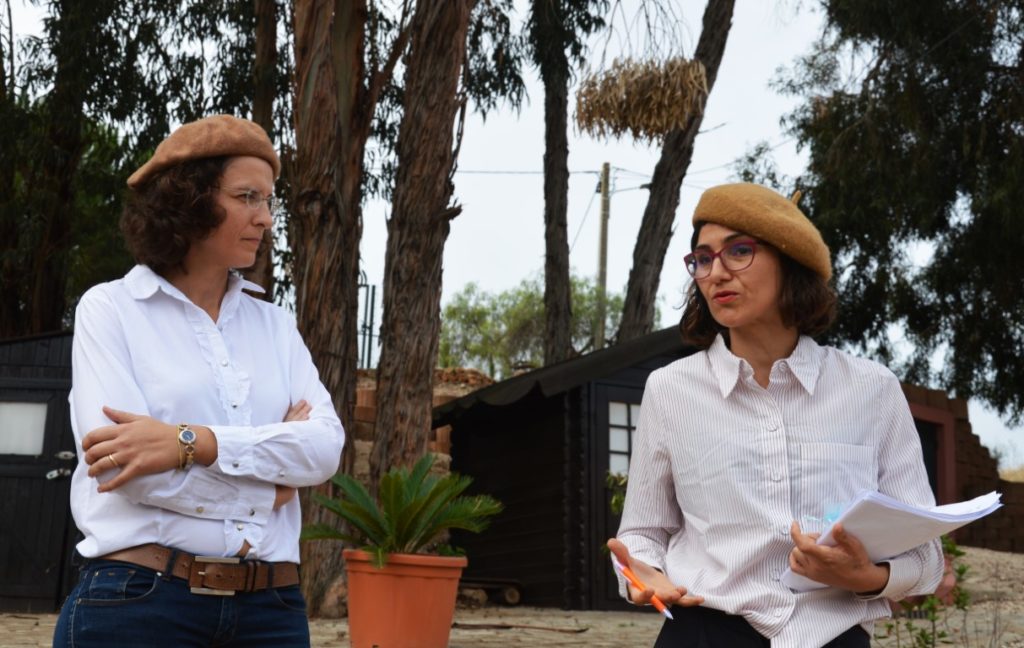
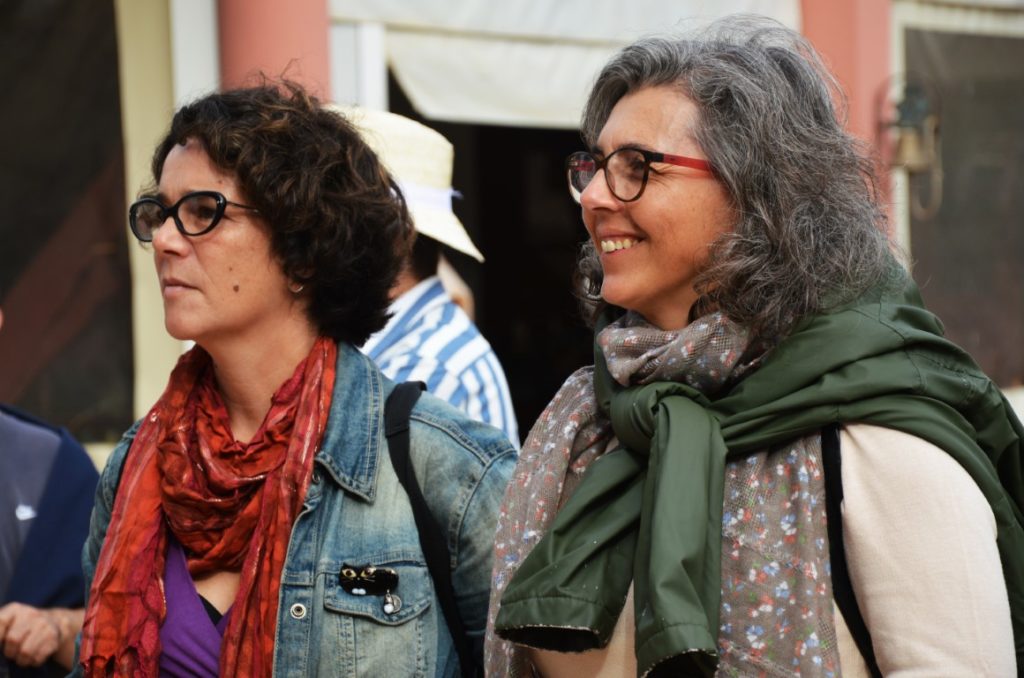
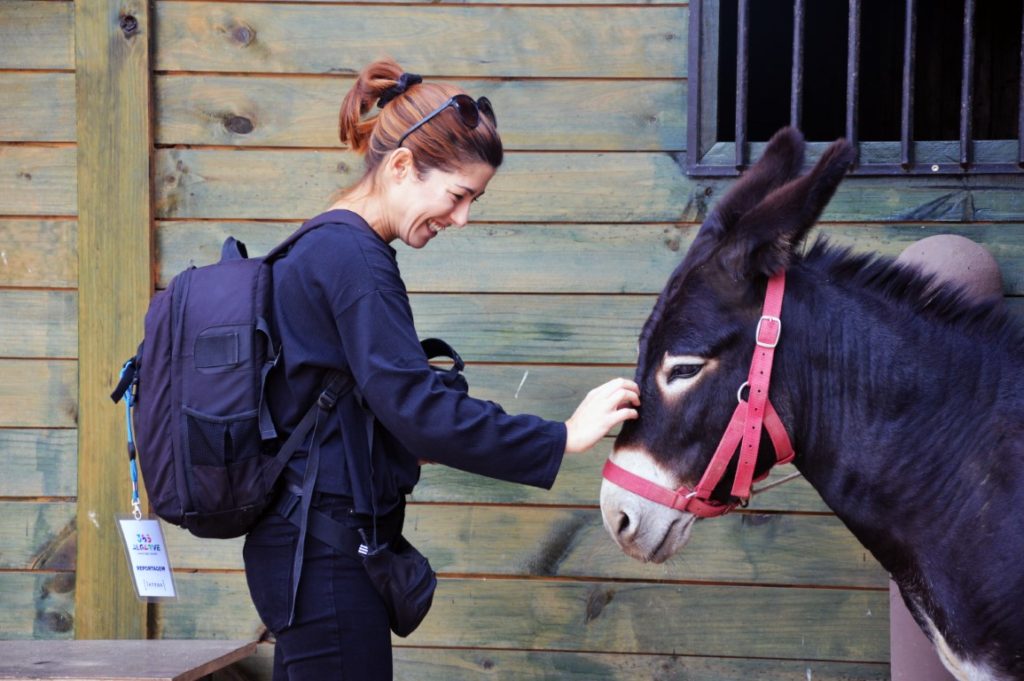
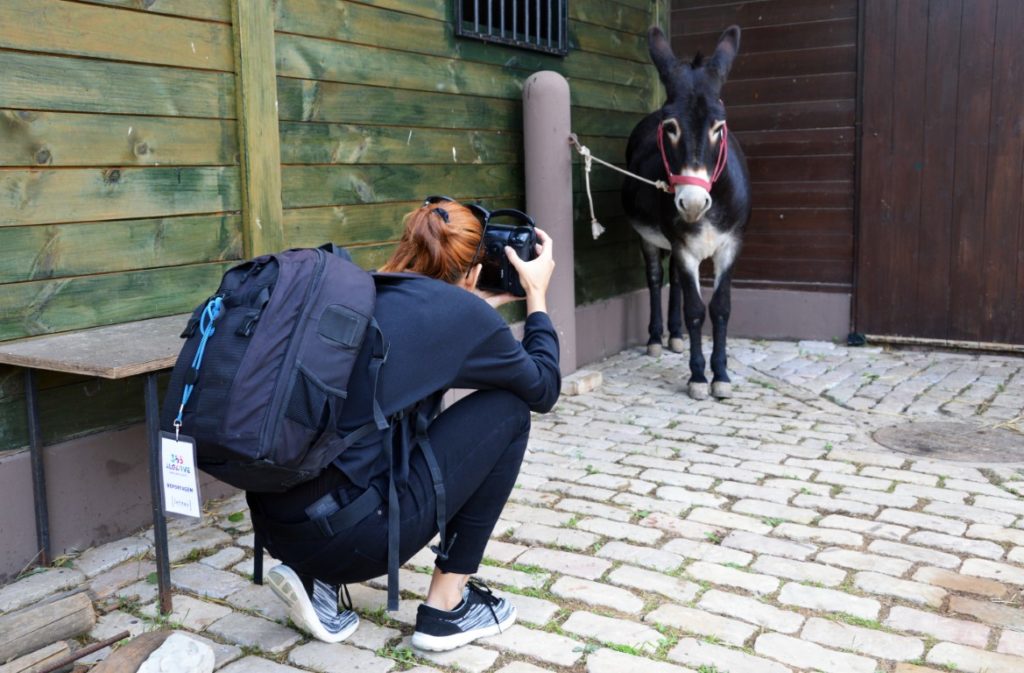
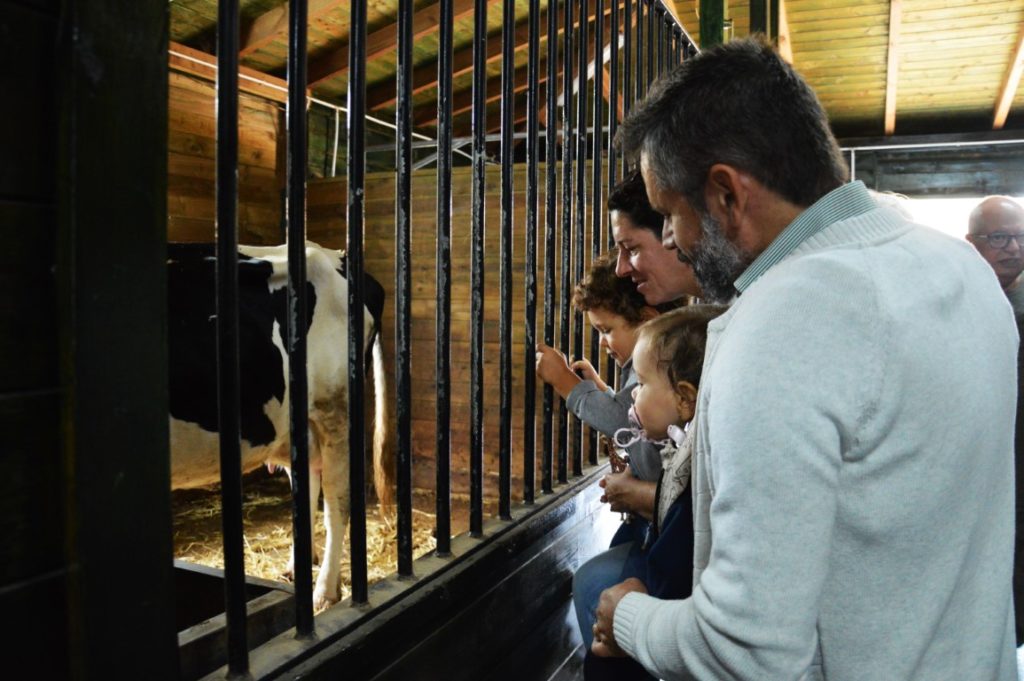
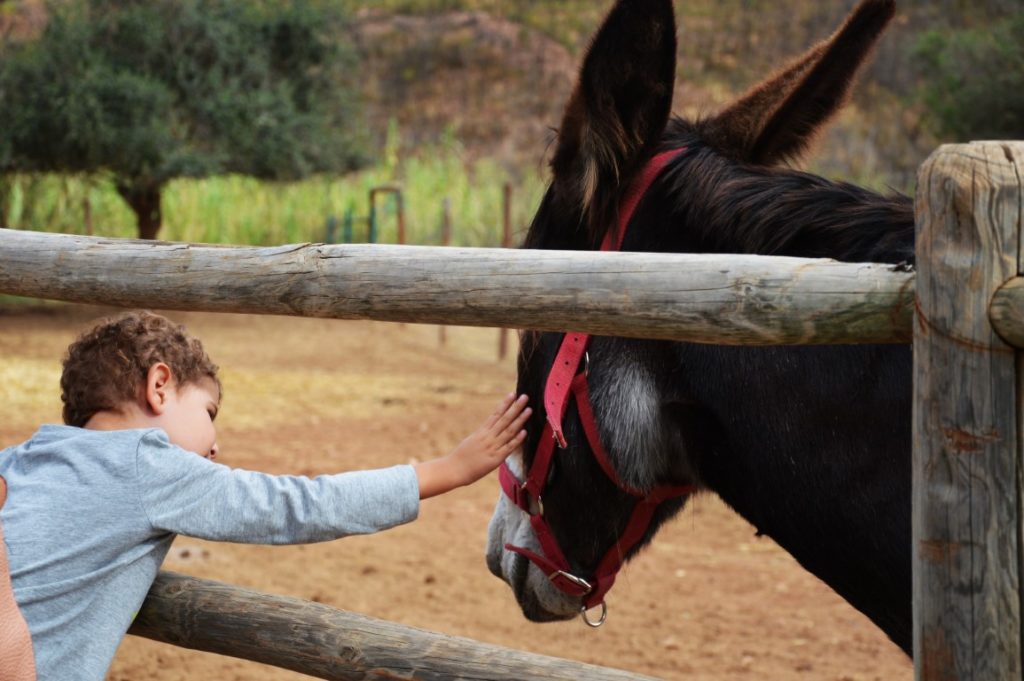
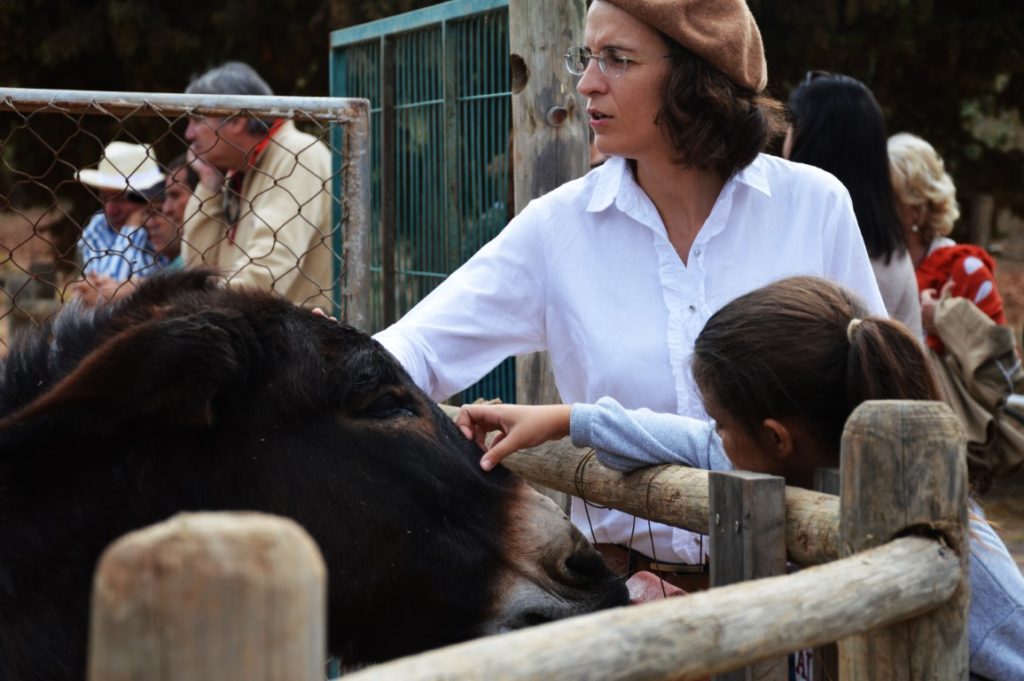
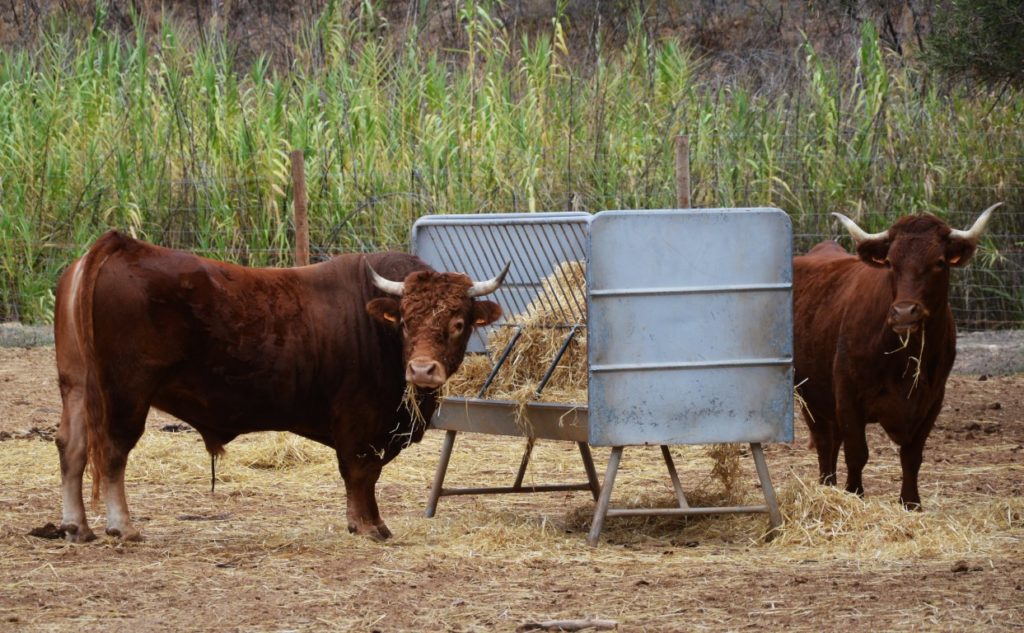
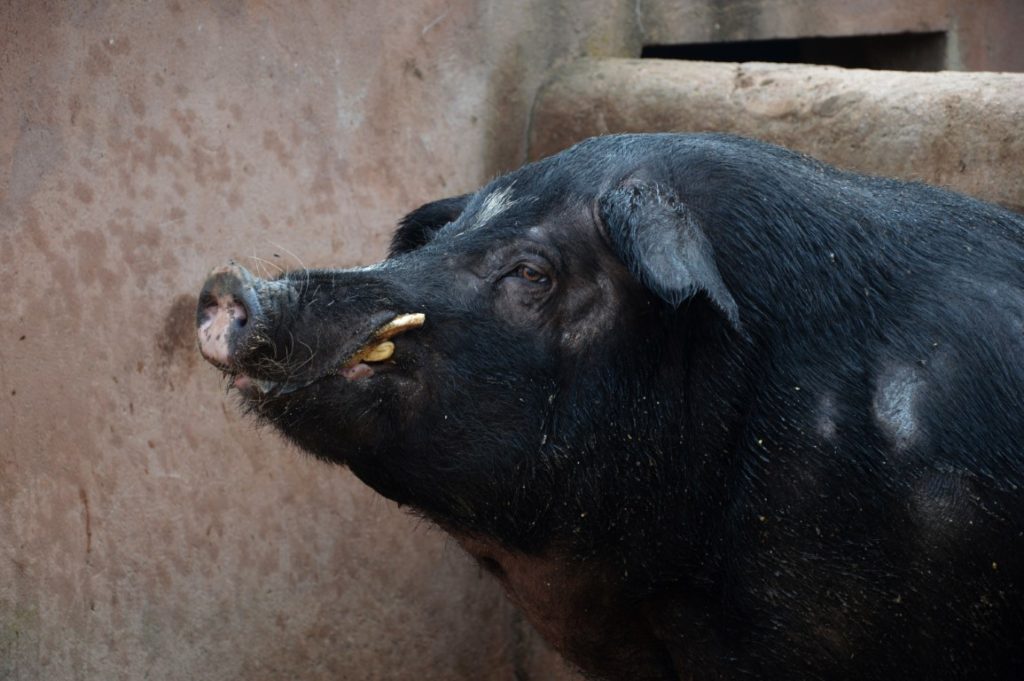
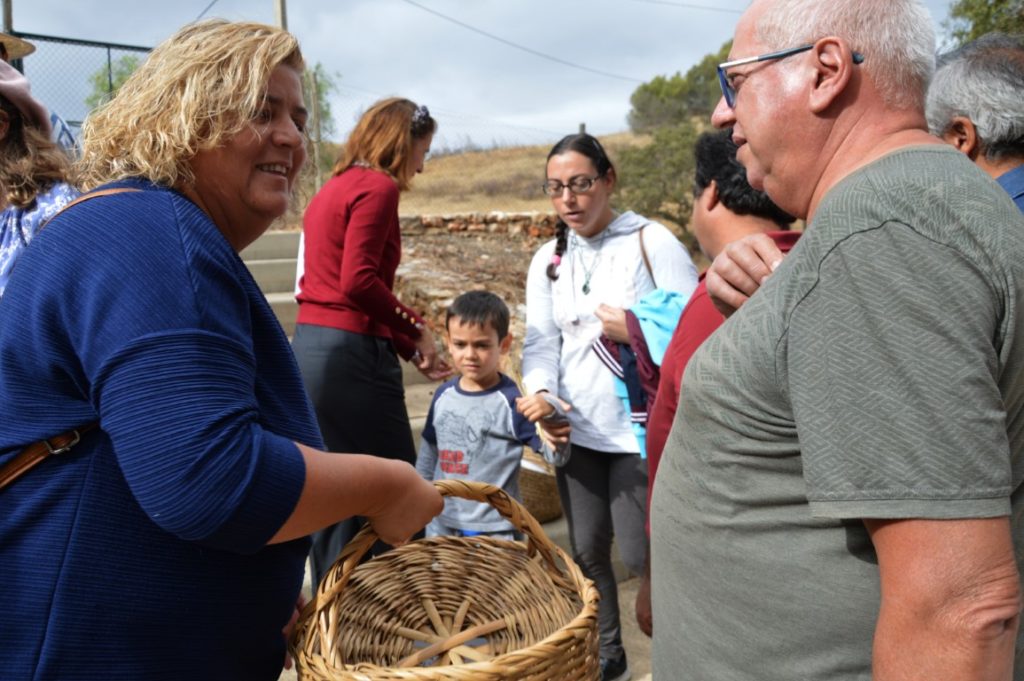
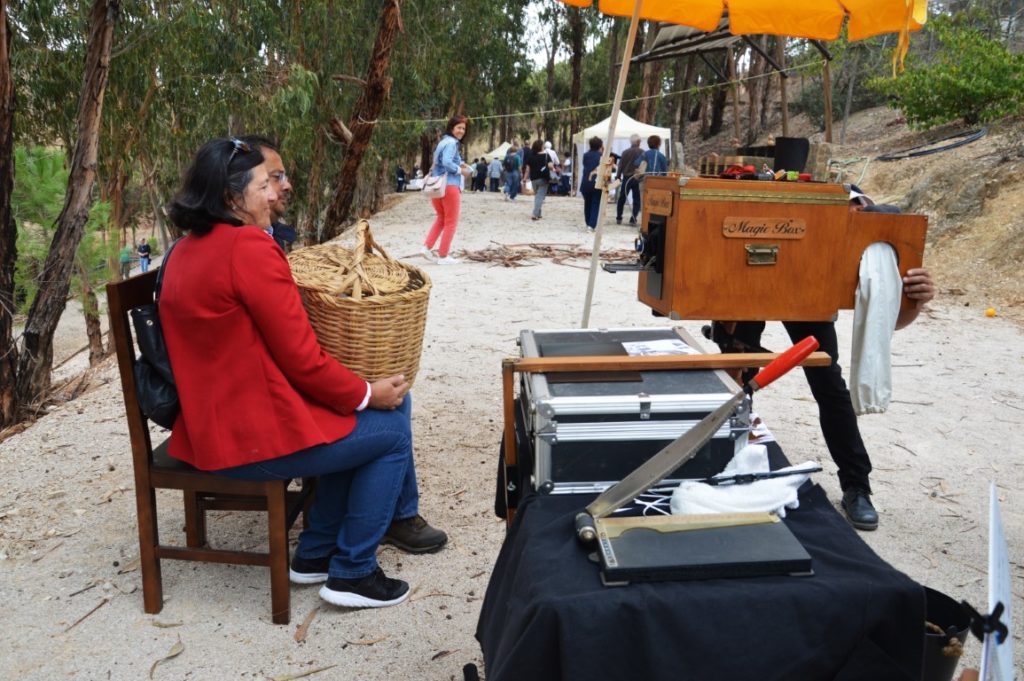
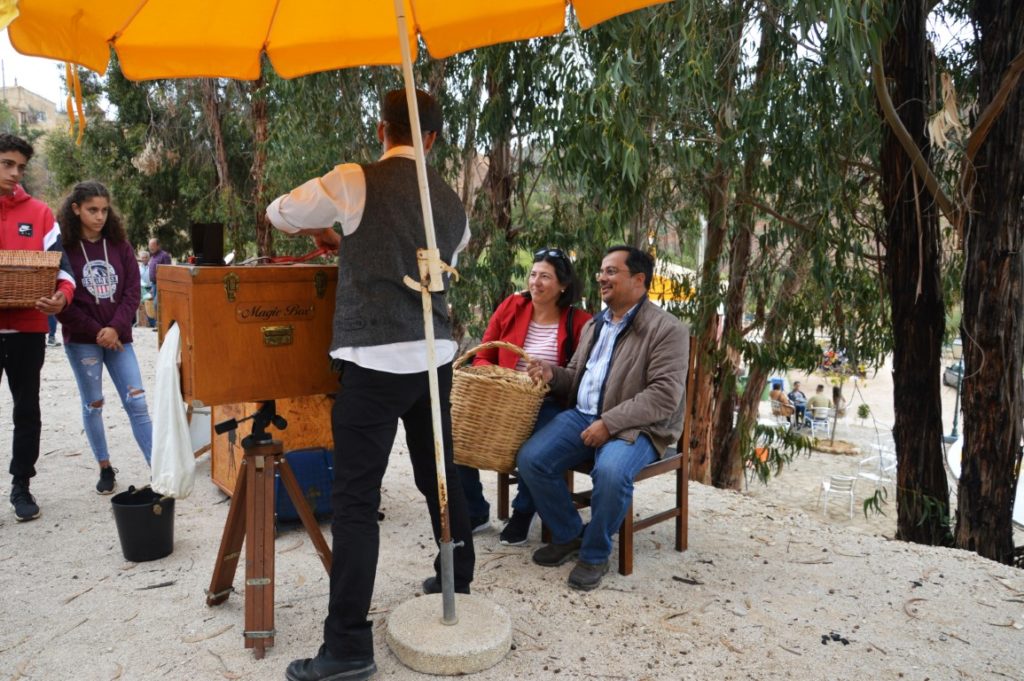
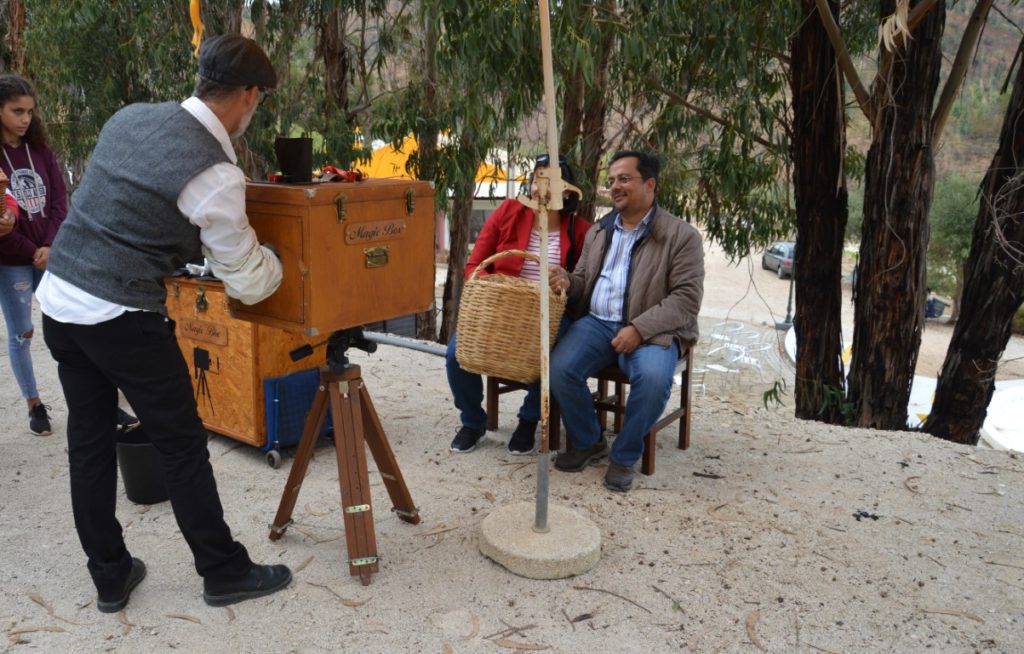
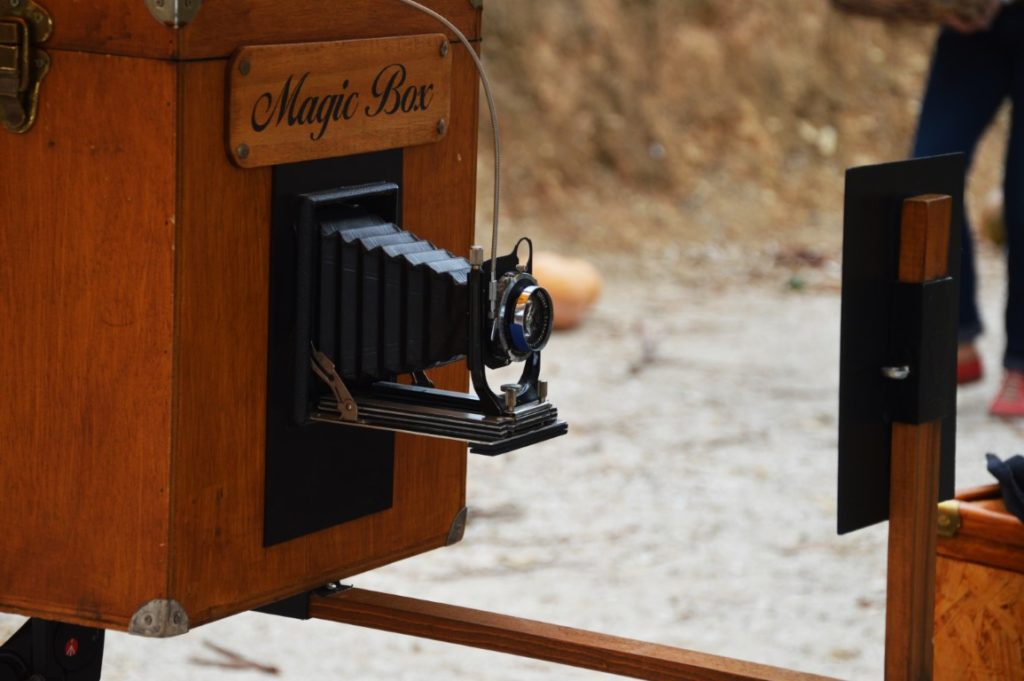
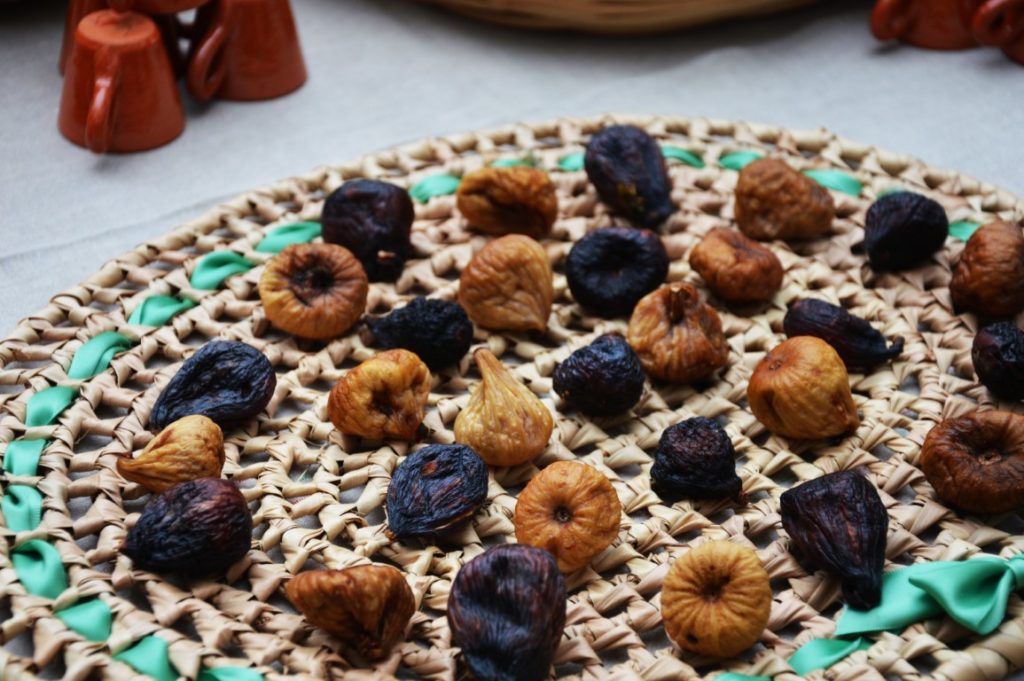
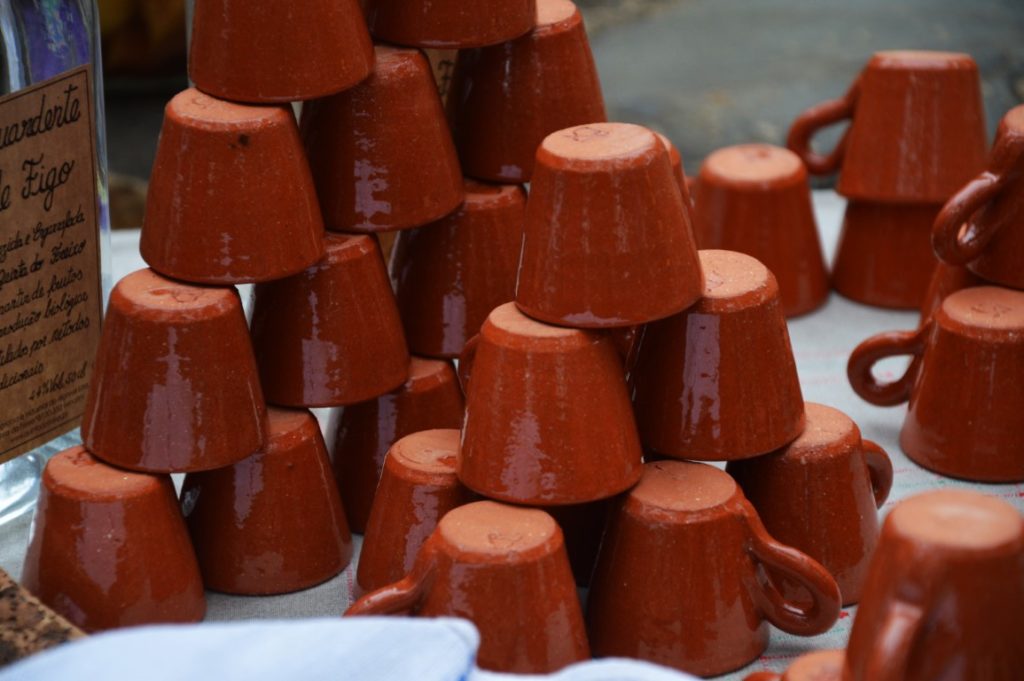
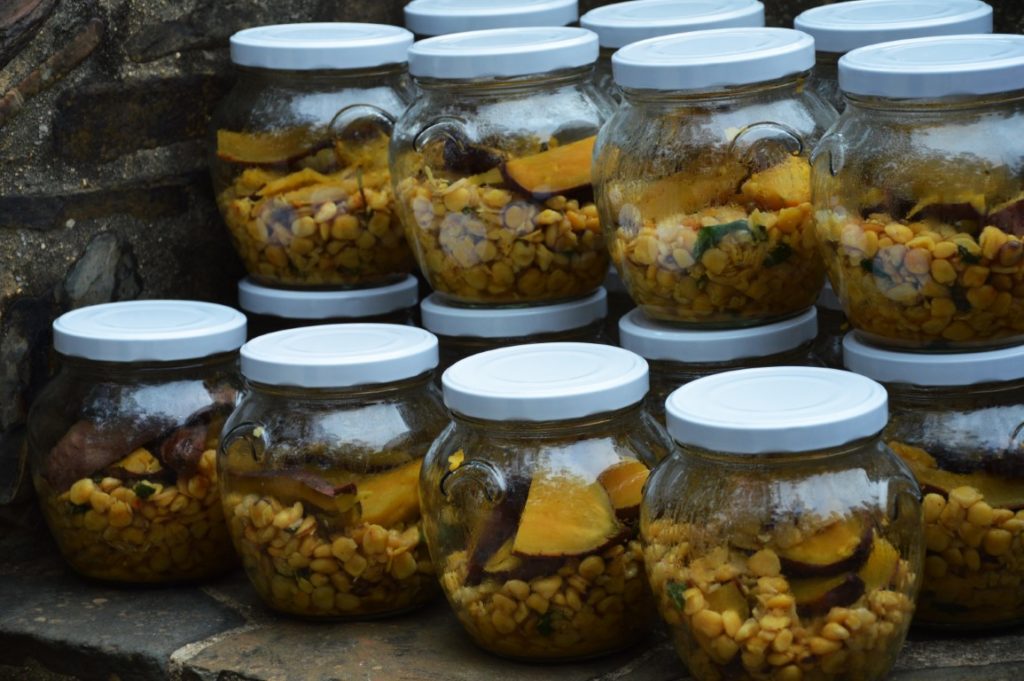
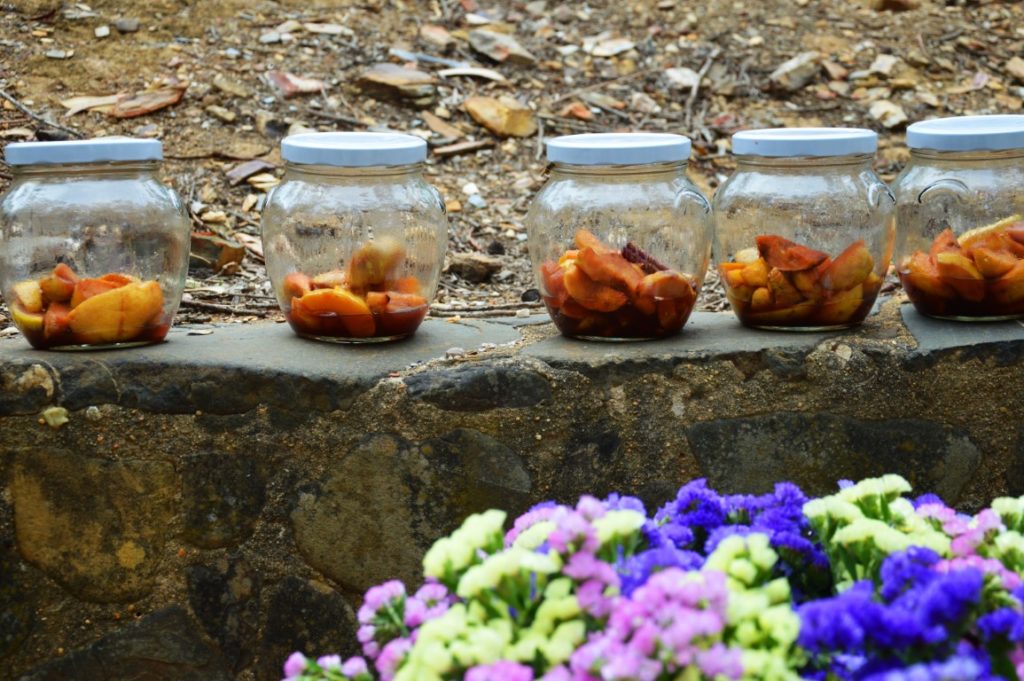
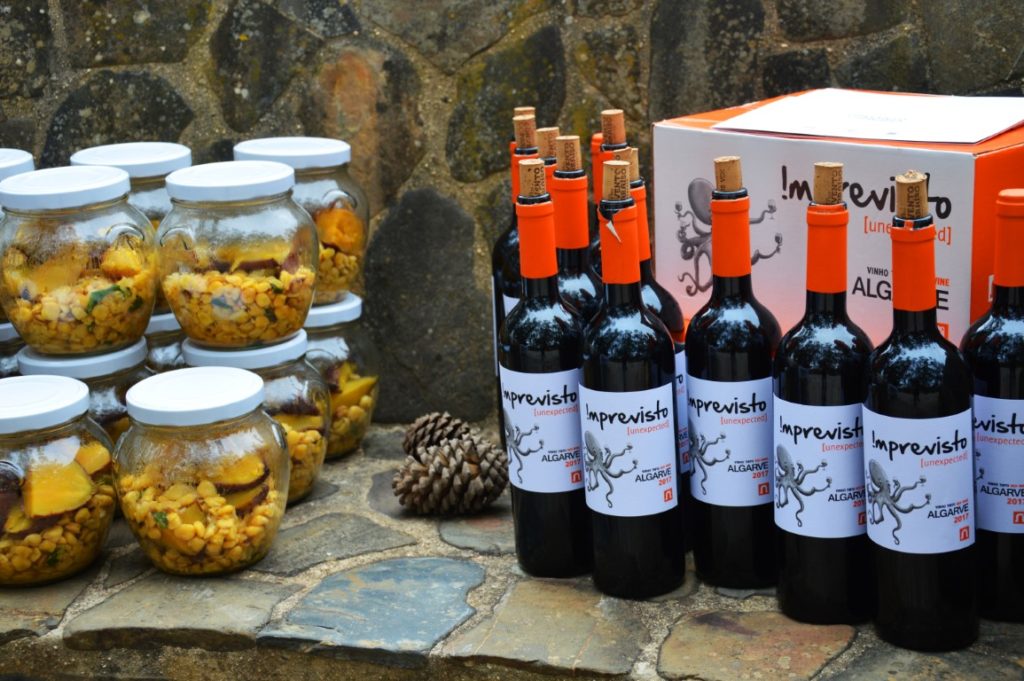
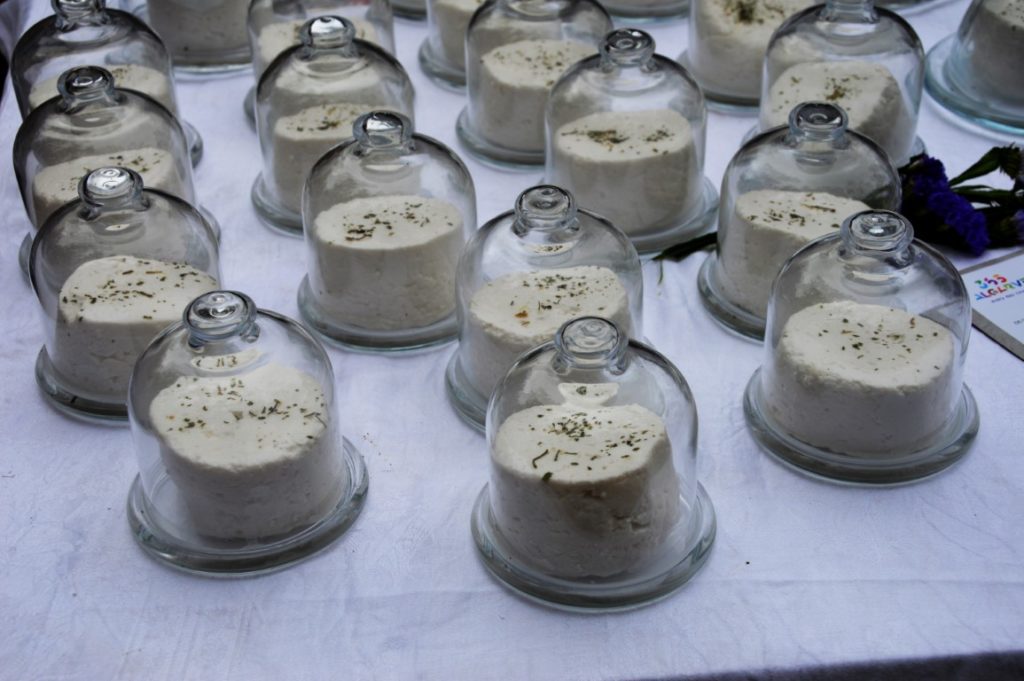
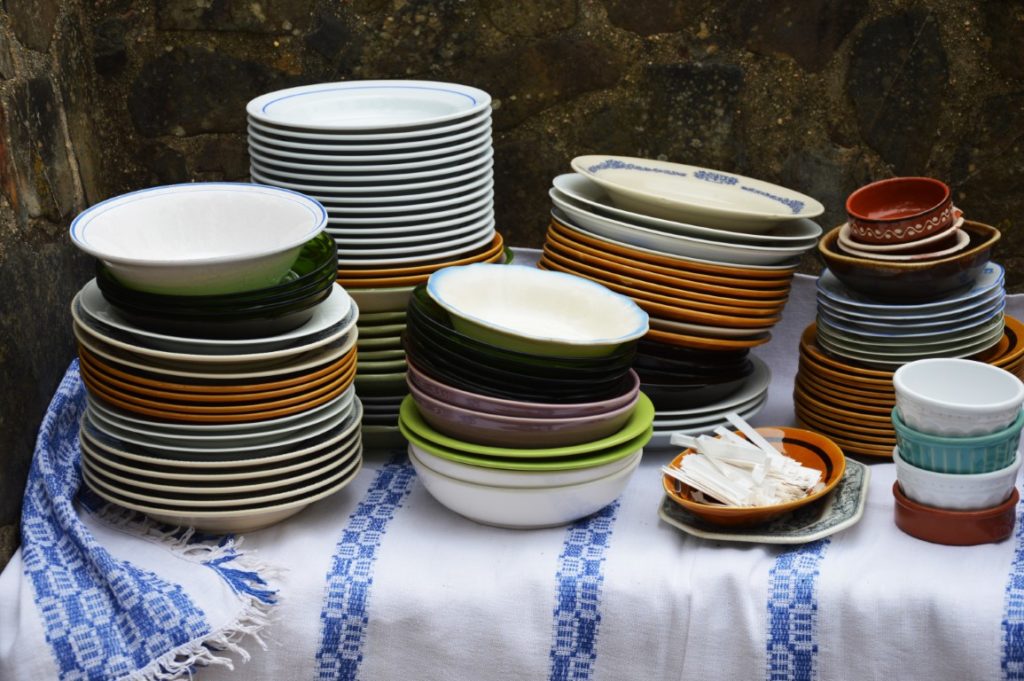
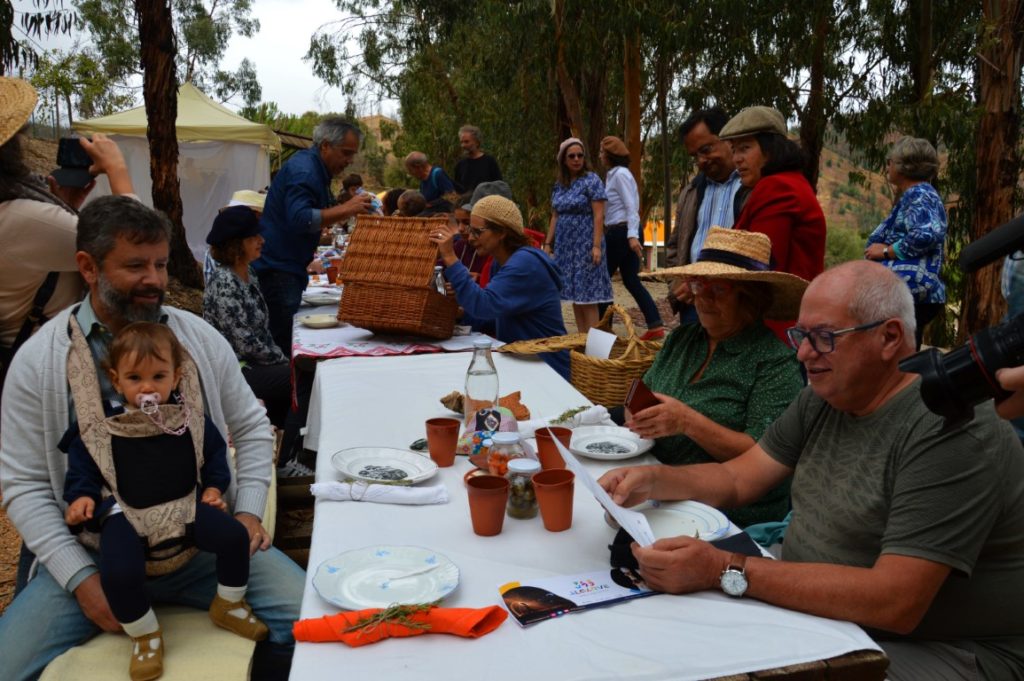
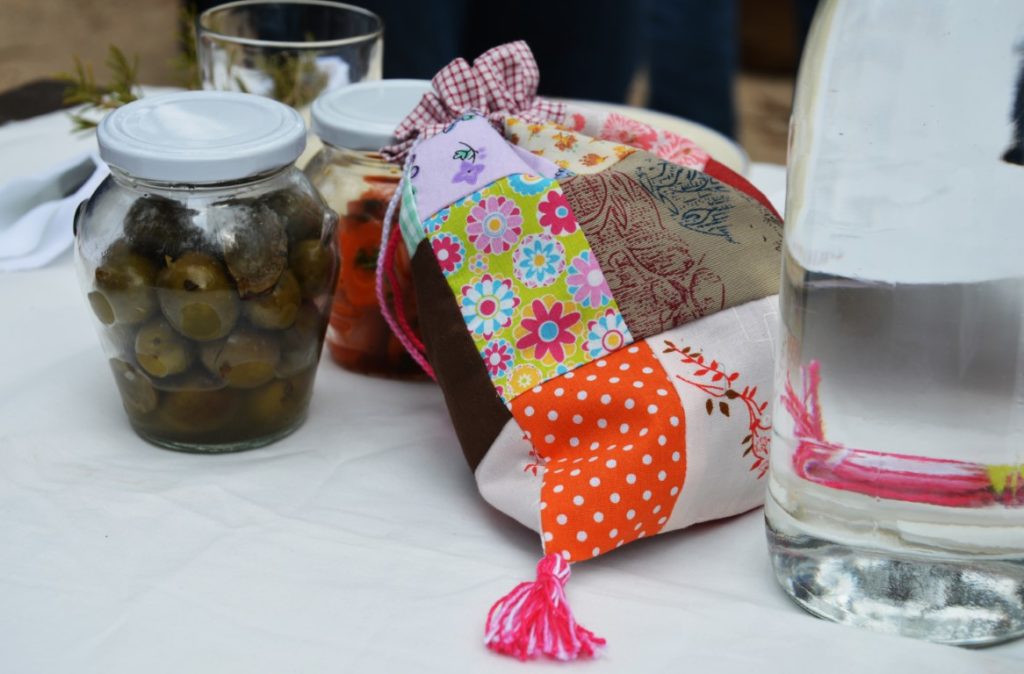
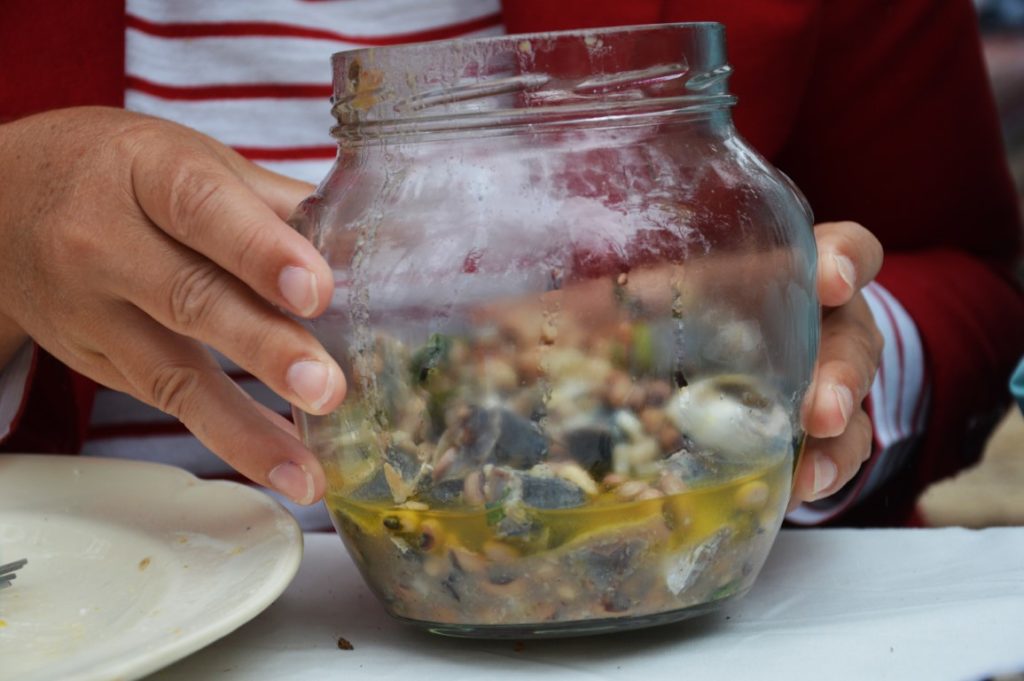
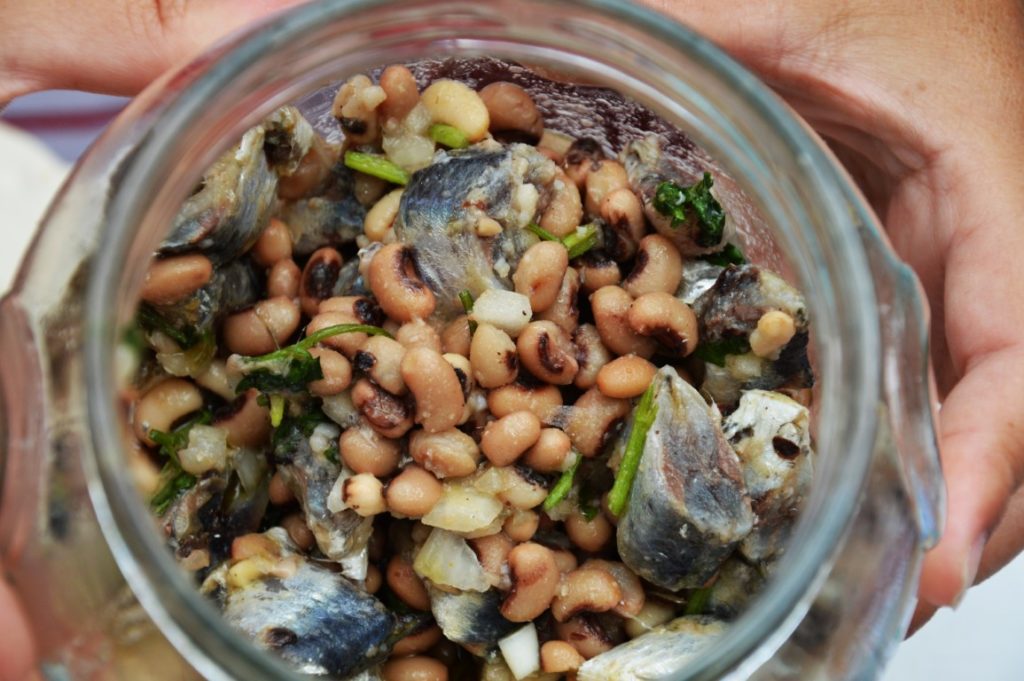
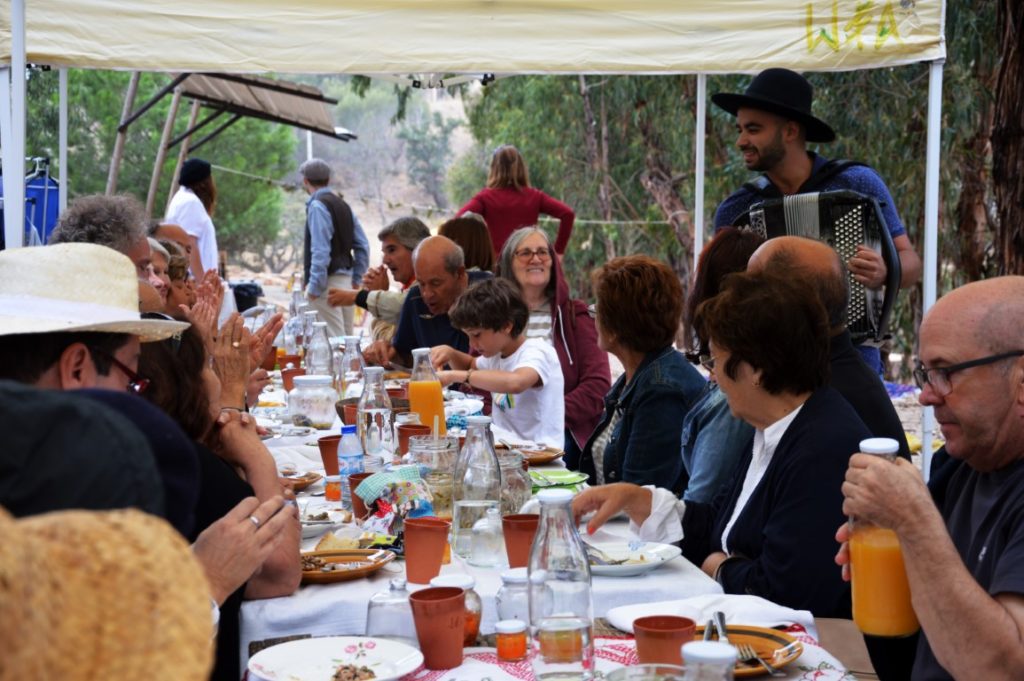
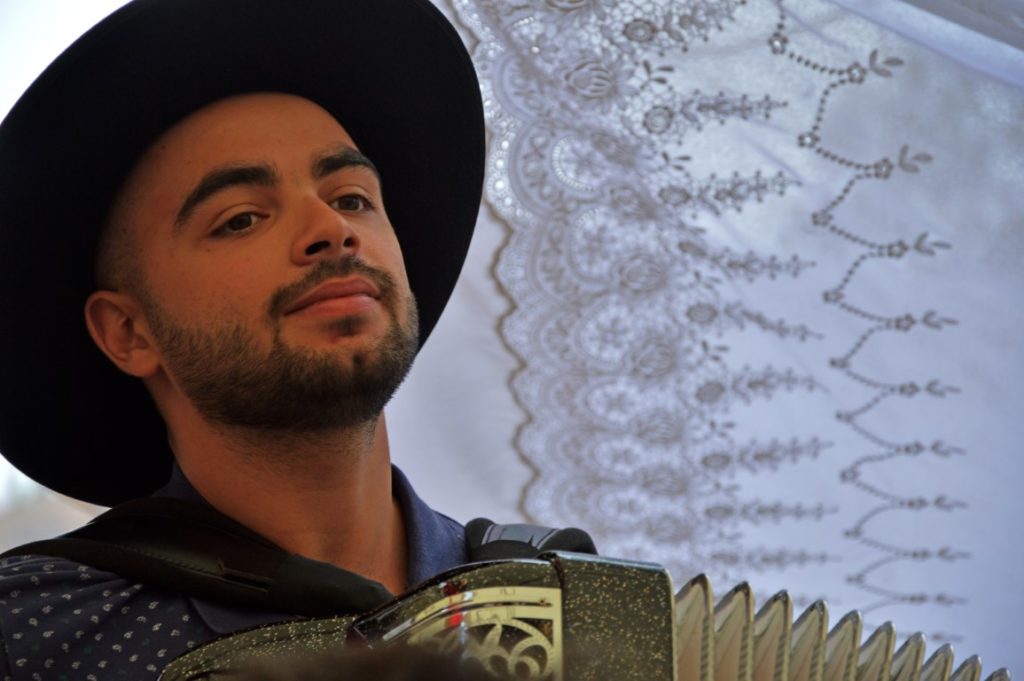
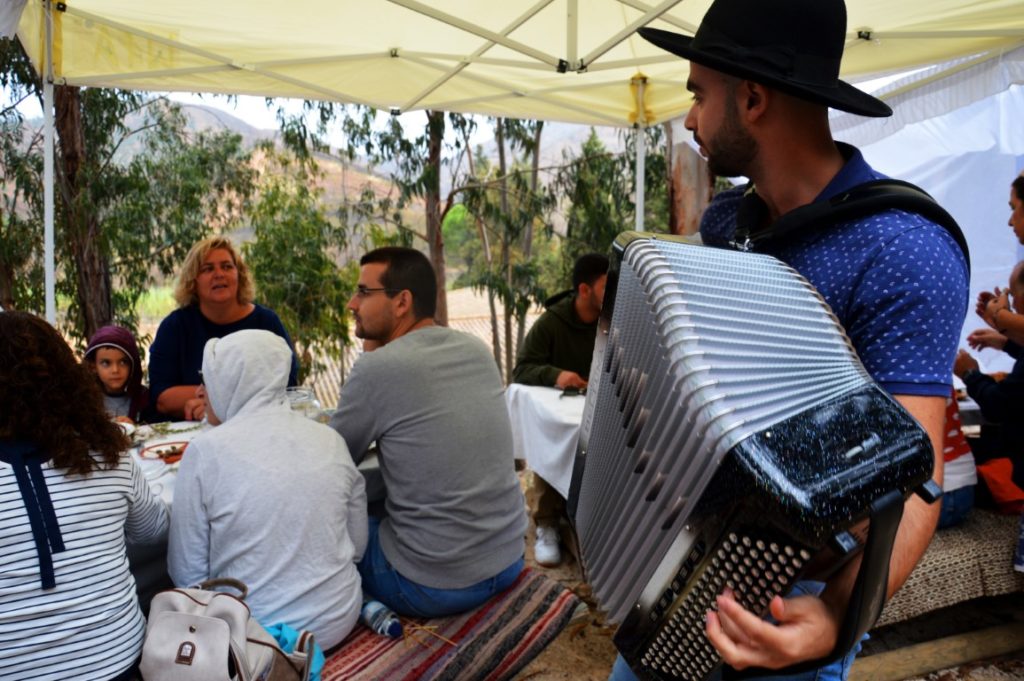
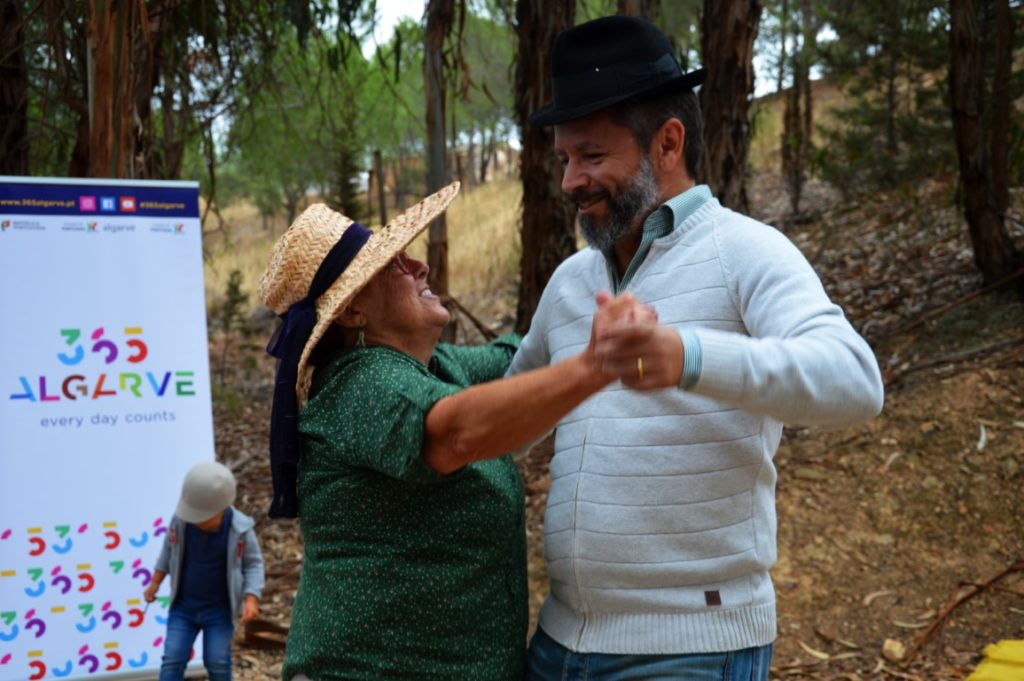
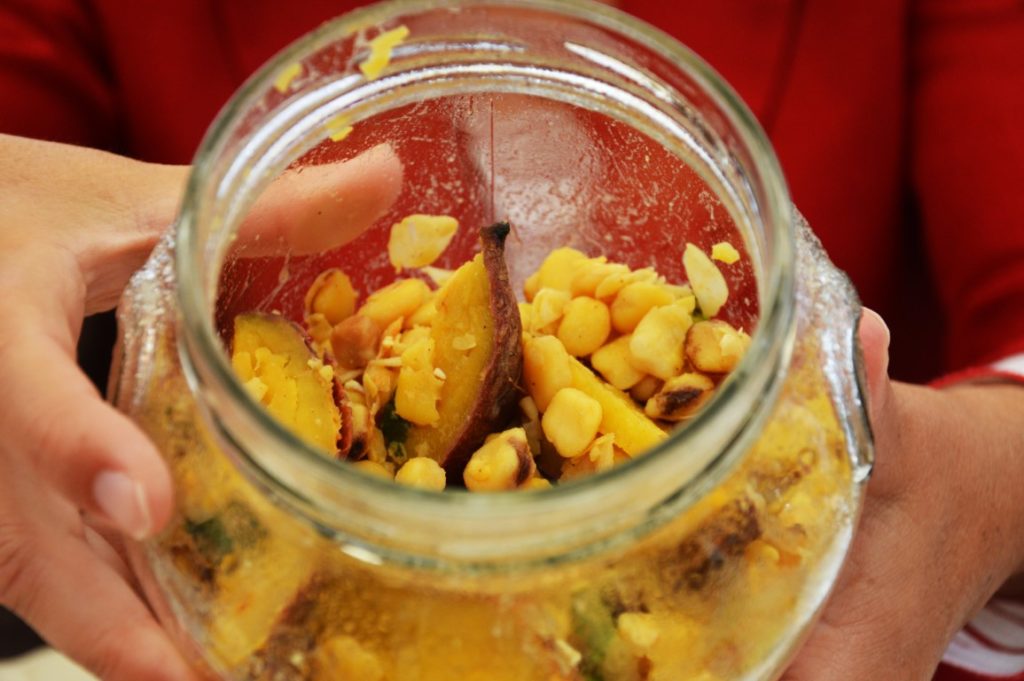
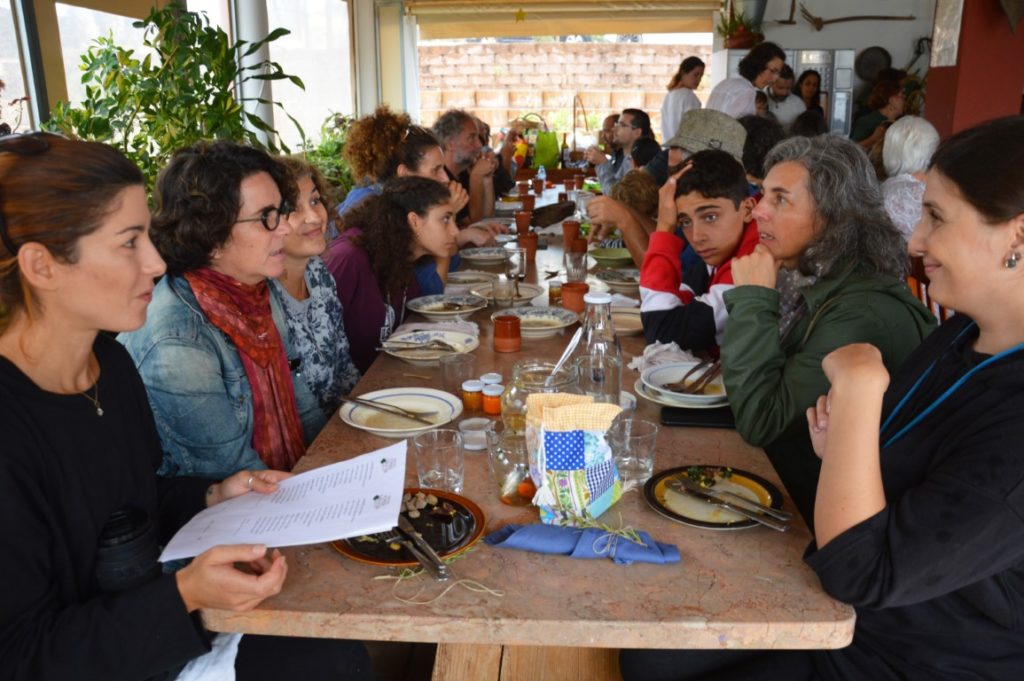
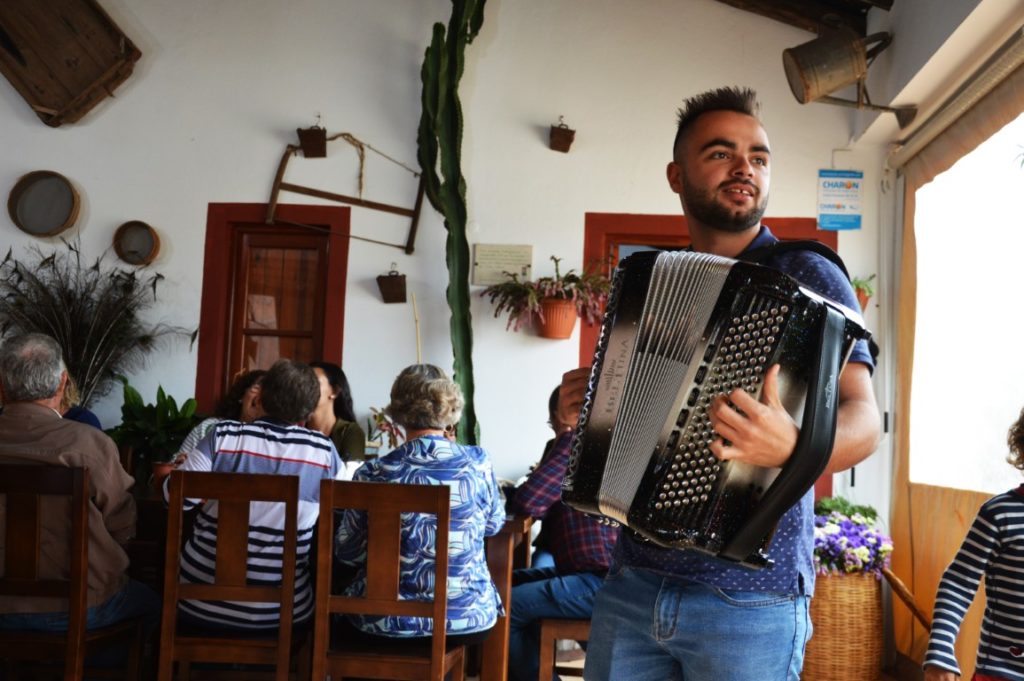
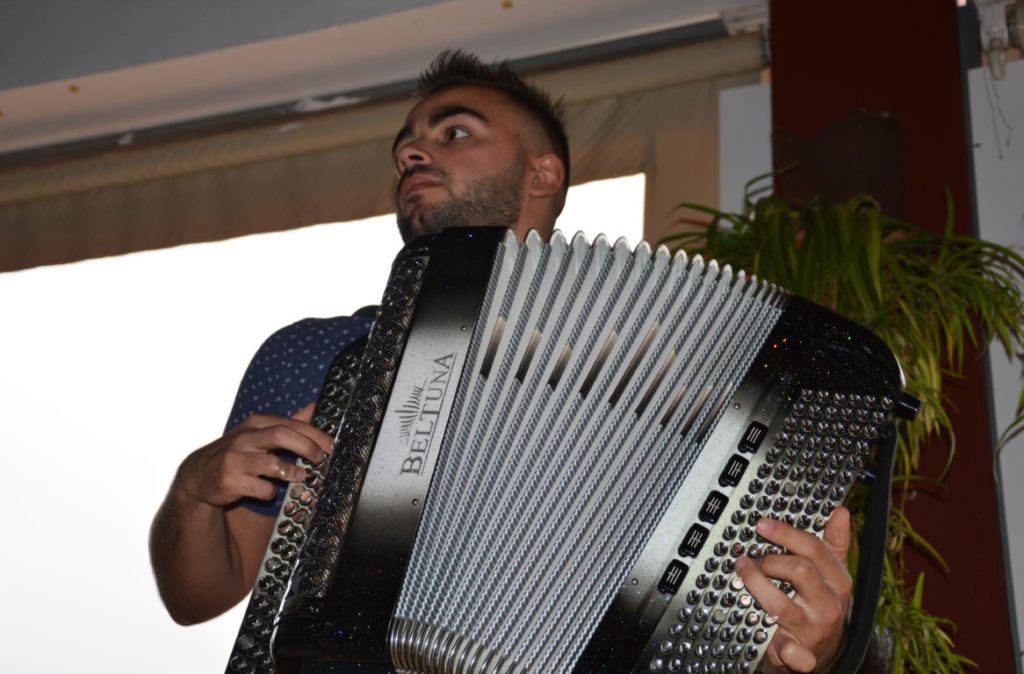
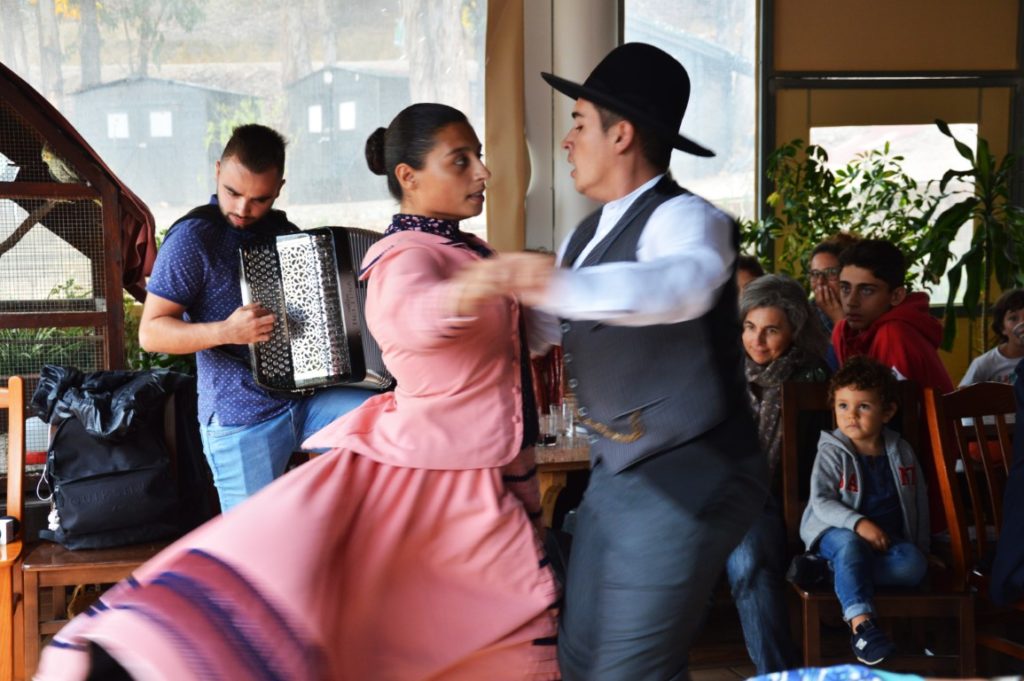


















Comments